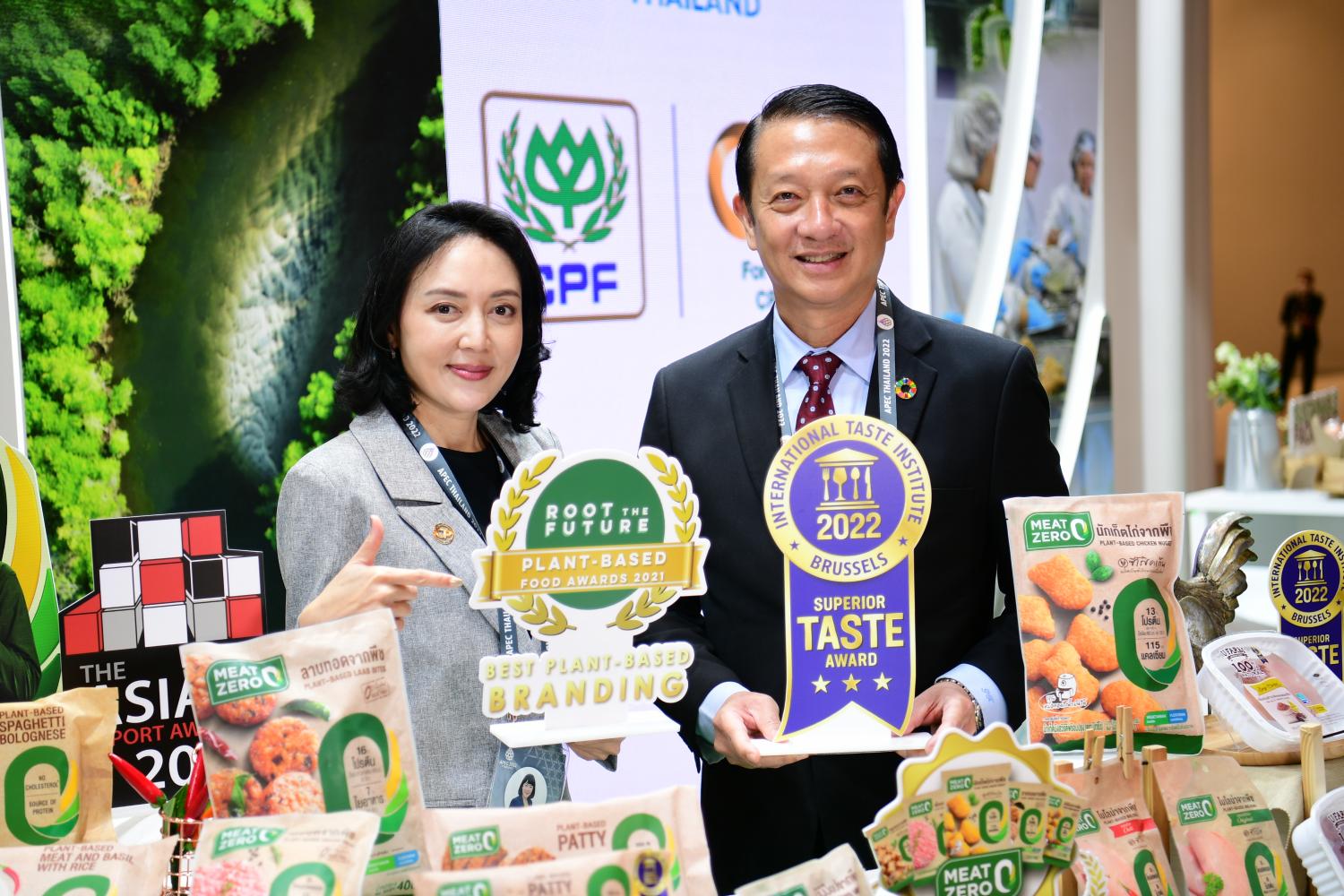
Charoen Pokphand Foods (CPF), the SET-listed flagship of food and agribusiness conglomerate CP Group, vows to reach a net-zero target for greenhouse gas emissions in 2050 to ensure optimised resource utilisation, less waste and lower emissions.
According to Peerapong Krinchai, the company's executive vice-president for corporate engineering, CPF has already initiated strategies to reduce greenhouse gas emissions throughout the value chain, starting with smart sourcing, smart production and smart consumption.
Smart sourcing focuses on emission reduction via a sustainable sourcing process, while smart production centres on emission reduction at feed mills, farms and processing plants via production and energy-related innovations.
Smart consumption emphasises the development of products and packaging as a means to achieve socially and environmentally-responsible production and consumption, he said.
By 2030, CPF aims to raise its revenue from green products by 40%, up from 34% of total revenue this year. This would help to reduce greenhouse gas emissions by 1.48 million tonnes of carbon dioxide equivalent per year, said Mr Peerapong.
The company has made significant progress in its commitment to achieve 100% sustainable packaging, meaning it is fully recyclable, reusable or disposable, he said.
Implementation is 99.9% complete and the company expects to reach the 100% goal by 2025 for domestic operations and by 2030 for overseas operations.
CPF also promotes the use of renewable energy and is among the top five food companies in terms of percentage of renewable energy used.
Some 27% of total energy consumption from CPF comes from renewable sources, such as biogas, biomass and solar energy.
These green power sources enable the company to reduce total greenhouse gas emissions by 680,000 tonnes of CO2 equivalent per year, equivalent to planting 73 million trees.
Mr Peerapong said CPF was the first Thai company to announce a target to phase out coal within this year.
Biomass energy from wood chips has been used to replace coal, reducing greenhouse gas emissions by 190,000 tonnes of CO2 equivalent per year.
Aside from renewable power sources, CPF is considering the potential of using green hydrogen.
"CPF is the 'Kitchen of the World' and plays a vital part in assuring food security for all. We are also driven to ensure environmental sustainability," he said.
"We are taking part in conserving the balance of nature and minimising carbon emissions from our production processes. We will keep improving under our commitment to drive the world towards net zero, for a sustainable and better tomorrow."
In the first nine months of this year, CPF reported sales surged by 21% year-on-year to 455 billion baht, with a net profit of 12.2 billion, up by 93% year-on-year.